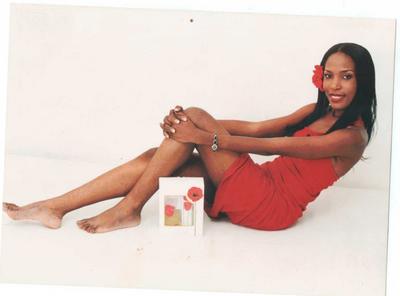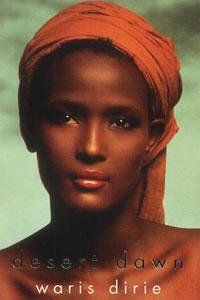
THE AFRICAN BEAUTY BOOK OF THE MONTH.
Is the classic novel "Survival of the Beautiful" by the prolific Nigerian novelist Bisi Ojediran.
Our models are always encouraged to read at least one book a month and at the end of the year we are going to give out prizes to the models who have read up to 12 books in our BOOK OF THE MONTH Selection. Just like the Oprah Book Club.
The African Beauty Book Club will promote the revival of our reading culture.
Because, we believe in Beauty and Savvy.
We hereby recommend "Survival of the Beautiful" to all our models and all our subscribers and visitors.
Now Released: Survival of the Beautiful
Abel falls in love with Kiki, the shabbily dressed lady who turns out a different sort of prostitute, and in return for his kindness, Kiki hands him a 'mystery’ note, which reads: "In the throes of death, a snake bite, bearer's origin, survival of the beautiful, an unknown culture, yet in this same country". The note fires Abel's journalistic curiosity, and his decision to investigate it, brings him in a headlong clash with Price in the 'village of beauty’ and in Lagos. It is an assignment fraught with danger and near-death situations to expose Professor Price and liberate the people.
Reviewed by This Day Newspaper, Lagos Monday, August 29, 2005.
BOOKSPLUS Nigeria Ltd has repackaged Bisi Ojediran's classic novel, Survival of the Beautiful. The novel, described by the author as his most original creative project, was first published in 1999. Peter Abel, journalist and protagonist in many of Ojediran's literary works made his first explosive appearance in Nigerian and global literary space in this composition.
Following its strong impact and its great potentials, the original 30,000-word novel has been rewritten completely and expanded for the international market with a beautiful cover that has Grace Amah of Nollywood fame as its model. Currently under a publishing deal with agents in the United States, the author said he has agreed with the agents for the release of a limited number in Nigeria, because in his words, "Maintaining relevance in Nigeria where I live, work, and write, is very important."
He also promises to be active on the local literary scene on retirement. He is sure the novel, which has been listed on the agent's website, will be published in the United States very soon.
In the classic novel, a Biology Professor is driven by beauty into a morbid experiment of breeding beautiful women in a remote, uncivilized village. The Professor, lost his beautiful wife in an automobile accident, but had exhumed her head to kiss every morning in a bizarre show of love and a tonic for his experiment. In the city of Lagos, Peter Abel, an ace investigative reporter who has the uncanny gift for writing delightful scoops, and celebrates each with a drinking binge, runs into an escapee from Price's village of beauty, Kiki, in a brothel.
Abel falls in love with Kiki, the shabbily dressed lady who turns out a different sort of prostitute, and in return for his kindness, Kiki hands him a 'mystery' note, which reads: "In the throes of death, a snake bite, bearer's origin, survival of the beautiful, an unknown culture, yet in this same country". The note fires Abel's journalistic curiosity, and his decision to investigate it, brings him in a headlong clash with Price in the 'village of beauty' and in Lagos.
The difficult trip and his sojourn in the remote village enables Abel to crack the mystery of Professor Price's experiment, but it is fraught with danger and near-death situations. Abel escapes to the city on a helicopter that takes Price to the village to transport some more beautiful girls to the city. Back in the city, the newspaper story of a heavily bruised Abel draws the attention of the government and Non-Governmental Organizations to begin a massive rehabilitation programme for the people. But he discovers after a long search that Kiki, who had waited endlessly for him, has returned to the village to look for him, triggering another search, this time for a dear one. The desperate search ends with the finding of a Kiki who has been charmed by the villagers into a vegetable, but Abel needed exactly the woman who made it possible for him to love women - nothing less.






